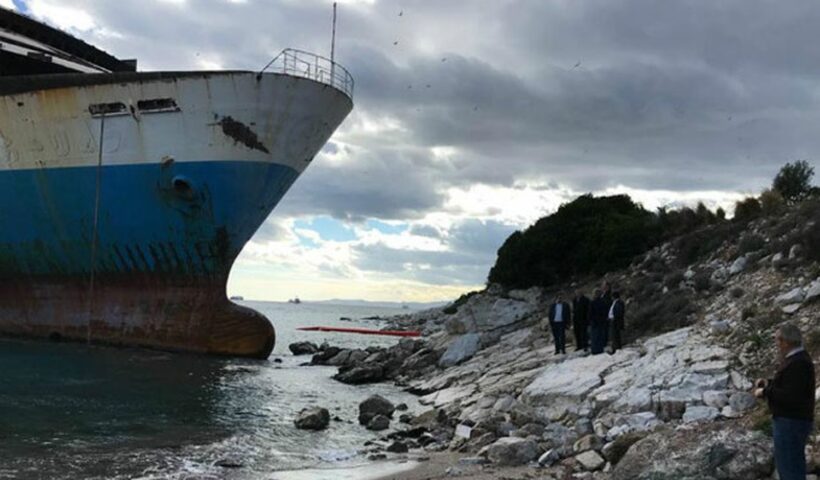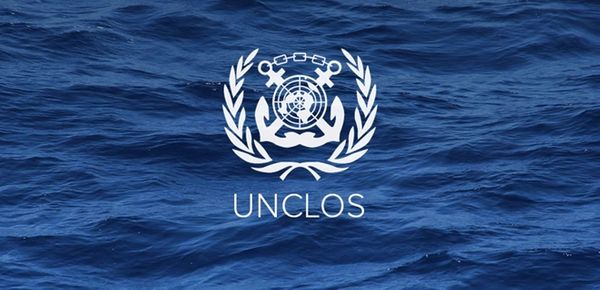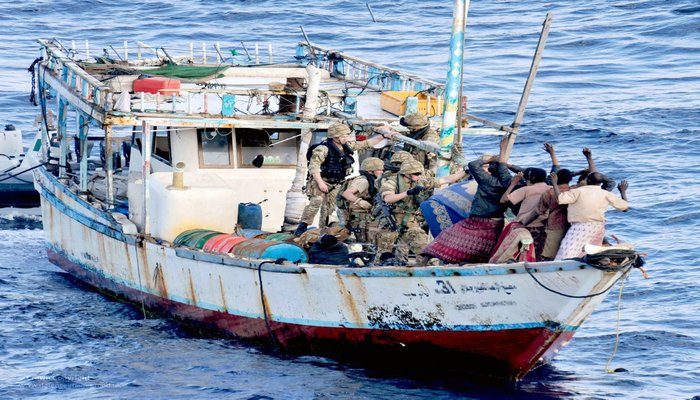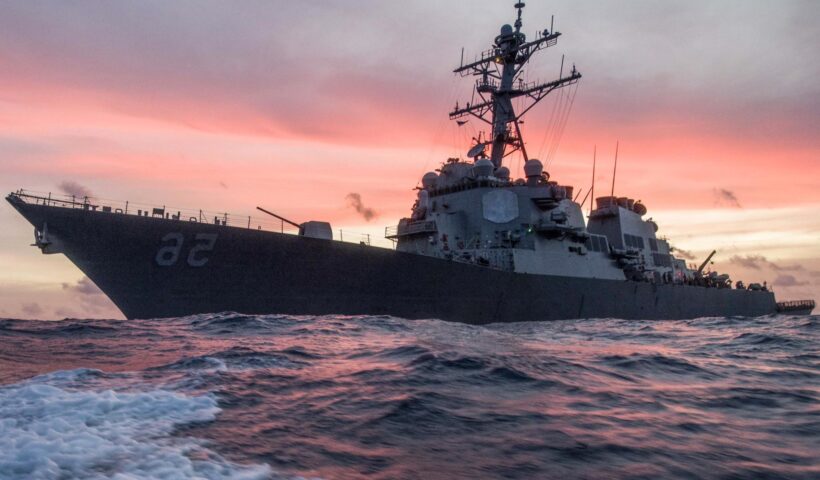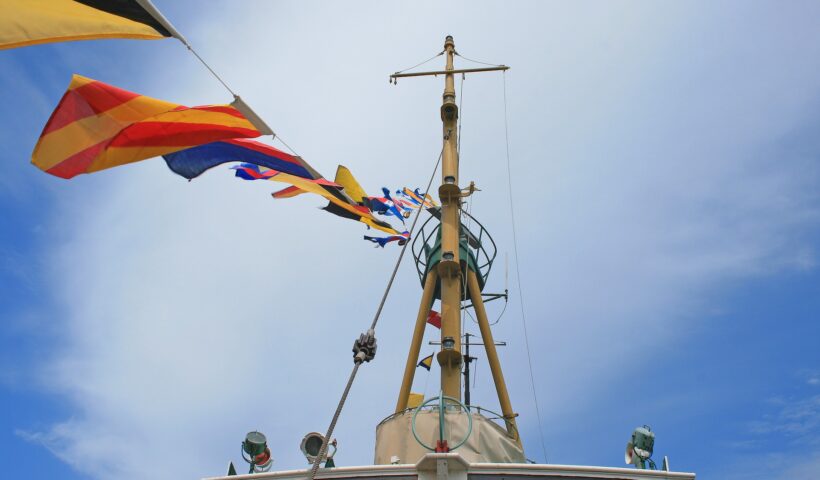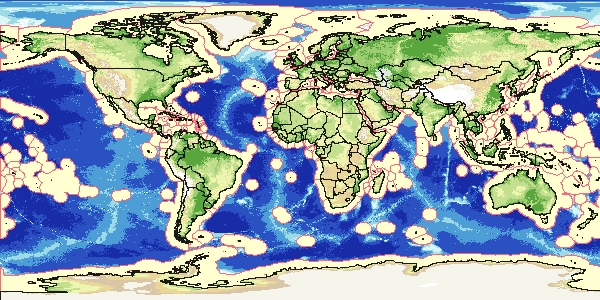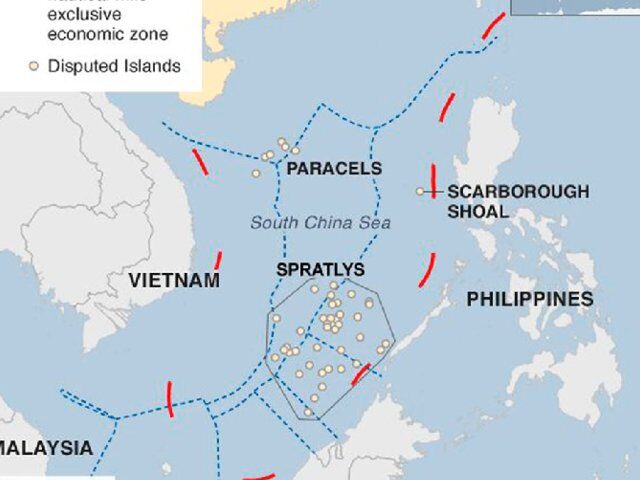Ninety per cent of global trade is conducted by shipping, which is considered to be the most environmentally friendly form of transport, taking into account its productive value. Shipping contributes to a limited extent to marine pollution from human activities, in particular when compared to pollution from land-based sources (or even dumping). Protection of the environment was not the International Maritime Organization’s (hereinafter the IMO) original mandate. Its main interest was maritime safety. However, in 1954 the IMO became the depository of the first 1954 Convention for the Prevention of Pollution from Oil (hereinafter the OILPOL, see further below). Since then the protection of the marine environment has become one of the most important activities of the IMO. Among fifty-one treaty instruments the IMO has adopted so far, twenty-one are directly environment-related (twenty-three if we include the Salvage and Wreck Removal Conventions). The Marine Environment Protection Committee is the IMO’s technical body in charge of marine pollution related matters (it is aided in its work by a number of Sub-Committees).
View More Historical Development in legal issues on the Pollution from ShipsTag: IMO
Principle of universality as a base of jurisdiction in law of the sea
The qualification present in this passage gave rise to the pure ‘mandatory’ form of universal jurisdiction, according to which each State assumes jurisdiction and consequently must prosecute all offences generally recognised as of universal concern, regardless of where the offence took place or who the perpetrator or the victims were.
However, this ‘unilateral limited universality principle’ is distinguished from the ‘co-operative limited universality principle’, which confers upon the State the right rather than the obligation (may instead of must) to prosecute; in such a situation Grotius was quite categorical:
“Alterum facere debeat, aut ut ipsa interpellata pro merito puniat nocentem, aut ut eum permittat arbitratio interpellantis.” Principle of universality as a base of jurisdiction in law of the sea, Principle of universality as a base of jurisdiction in law of the sea
Recent Developments about piracy in law of the sea and customary international law
In general the difficulties created by recent incidents of piracy and violentacts against shipping have not been due to doubts or disagreementabout the proper characterization…
View More Recent Developments about piracy in law of the sea and customary international lawPiracy in the Traditional Law of the Sea
Piracy in the Traditional Law of the Sea, 1988 SUA Convention, armed robbery, armed robbery against ships, Gulf Aden, IMO, Piracy, self-defence, Straits of Malacca, territorial sea, armed robbery against ships, Convention on the Suppression of Unlawful Acts Against the Safety of Maritime Navigation, IMO, International Maritime Organization, international shipping, Piracy
View More Piracy in the Traditional Law of the Seawhat is the meaning of Freedom of Navigation in law of the sea and customary international law
what is the meaning of Freedom of Navigation in law of the sea and customary international law, Arctic Sunrise Arbitration, LOSC, ship is without nationality, Ships With Suspicious Nationality, slave trade, unauthorized broadcasting, warship
View More what is the meaning of Freedom of Navigation in law of the sea and customary international lawPrinciple of the Exclusive Jurisdiction of the Flag State in the law of the sea and customary international law
Principle of the Exclusive Jurisdiction of the Flag State in the law of the sea and customary international law, 1952 Brussels Convention for the Unification of Certain Rules relating to Penal Jurisdiction in Matters of Collision and Other Incidents of Navigation, 1966 International Convention on Load Lines, 1971 Agreement on Special Trade Passenger Ships, 1972 Convention on the International Regulations for Preventing Collisions at Sea, 1974 International Convention for the SOLAS, 1976 ILO Convention No. 147 concerning Minimum Standards in Merchant Ships, 1993 Torremolinos Protocol, 1995 International Convention on Standards of Training, 2006 Maritime Labour Convention, Article 97 of the LOSC, Certification and Watchkeeping for Fishing Vessel Personnel (STCW-F), Certification and Watchkeeping for Seafarers, Exclusive Jurisdiction of the Flag State, ILO, IMO, International Convention for the Safety of Fishing Vessels, International Convention on Standards of Training, sail under its flag
View More Principle of the Exclusive Jurisdiction of the Flag State in the law of the sea and customary international lawJurisdiction of Coastal States Over the EEZ, based on law of the sea, customary international law and LOSC
Jurisdiction of Coastal States Over the EEZ, based on law of the sea, customary international law and LOSC, artificial islands, EEZ, exclusive economic zone, IMO, ITLOS, LOSC
View More Jurisdiction of Coastal States Over the EEZ, based on law of the sea, customary international law and LOSCThe Right of Archipelagic Sea Lanes Passage based on law of the sea(and customary international law and LOSC)
The principal elements of the right of archipelagic sea lanes passage can be summarised:
(i) As with the right of transit passage, the right of archipelagic passage applies between one part of the high seas or an EEZ and another part of the high seas or an EEZ.
(ii) All ships and aircraft enjoy the right of archipelagic sea lanes passage in such sea lanes and air routes under Article 53(2). The right of archipelagic sea lanes passage contains the rights of overflight by aircraft. In common with the right of transit passage, foreign warships and military aircraft have the right of archipelagic sea lanes passage.
(iii) Like the right of transit passage, archipelagic sea lanes passage must be the exercise of the rights of navigation and overflight solely for the purpose of continuous, expeditious and unobstructed transit. The Right of Archipelagic Sea Lanes Passage based on law of the sea(and customary international law and LOSC), air routes, Archipelagic Sea Lanes Passage, archipelagic State, IMO, Marine Safety Committee, territorial sea

